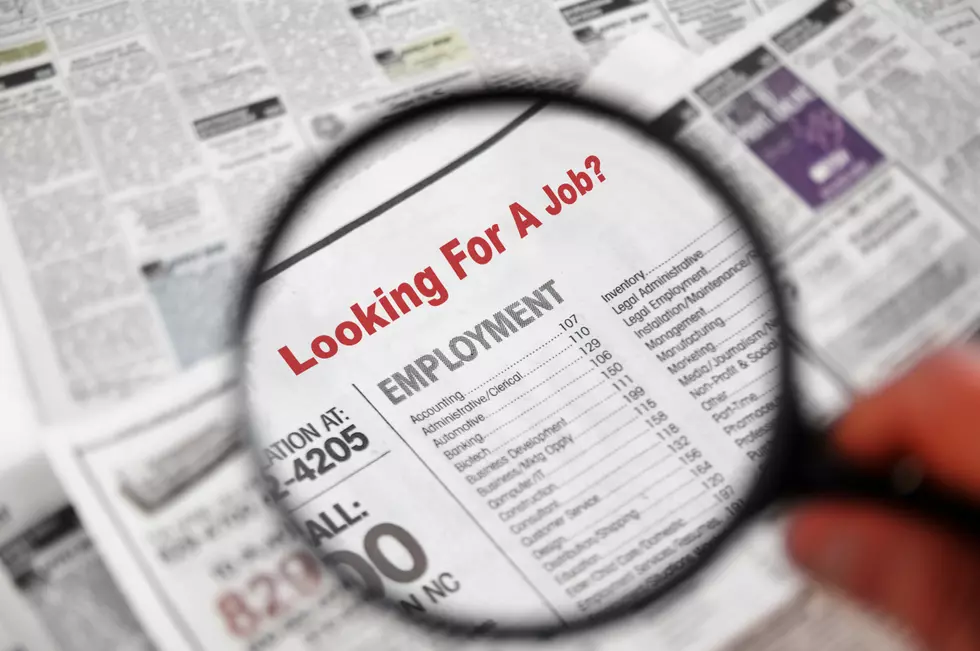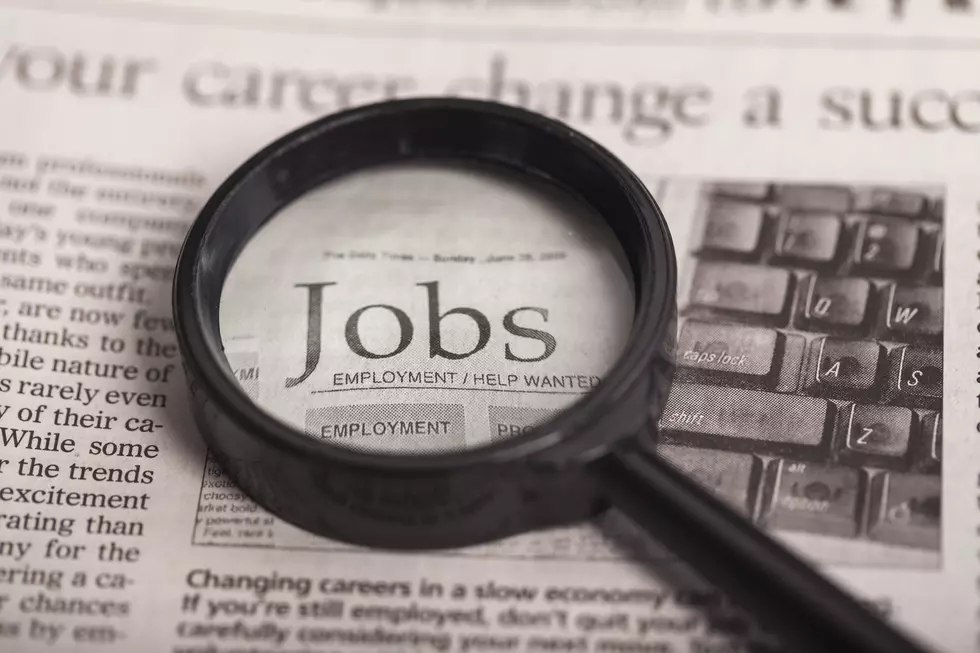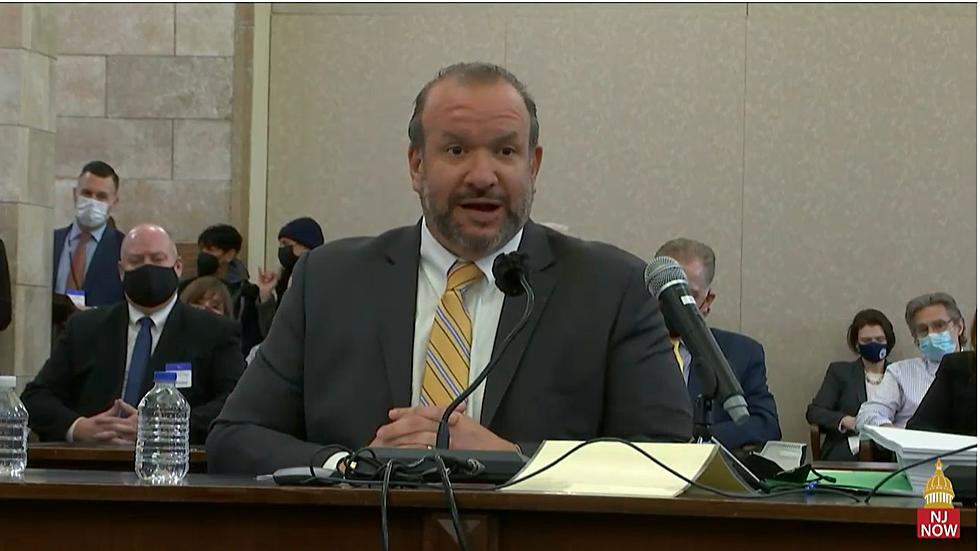
America’s long-term unemployed still struggling
Despite a rebounding national economy, long-term jobless Americans are still dealing with tough times. That is the major takeaway from a new national survey conducted by the Heldrich Center at Rutgers University.
The report is titled, "Left Behind: The Long-term Unemployed Struggle in an Improving Economy."
"One in five people were laid off from a job, a part-time or full-time job over the last five years and they're still unemployed and looking for work," said Rutgers Professor Carl Van Horn, co-author of the report and the director of the Heldrich Center. "For those who were lucky enough to find a new job, half of them told us they are being paid less than they had made in their previous position. One-in-four said that their new job was only temporary. They didn't get a permanent job."
Many of the long-term unemployed did not rely on the government for assistance. According to the survey only one in five received help from a government agency when looking for a job and 60 percent received no government aid beyond unemployment benefits.
More than 6 in 10 unemployed and long-term unemployed people said they experienced stress in relationships with family and close friends during their time without a job.
"Obviously it's not just an economic impact, but it's an emotional toll when you lose a job especially when people are unable to find another job after a year or two," Van Horn said.
The report indicated that joblessness has led many to re-evaluate their future plans. Fifty-five percent of the long-term unemployed said they'll have to retire later than planned because of the recession, while 5 percent say the weak economy forced them into early retirement. Almost half predicted it will take 3 to 10 years for their families to recover financially. One-in-5 said it will take longer than that or that they will never recover.
"Despite strong public support for government action, partisan-driven gridlock and deep ideological disagreements among political leaders about the causes and potential solutions have thwarted significant progress on initiatives to assist the long-term unemployed," said study co-author Cliff Zukin, professor of Public Policy and Political Science in an emailed statement.
More From New Jersey 101.5 FM









